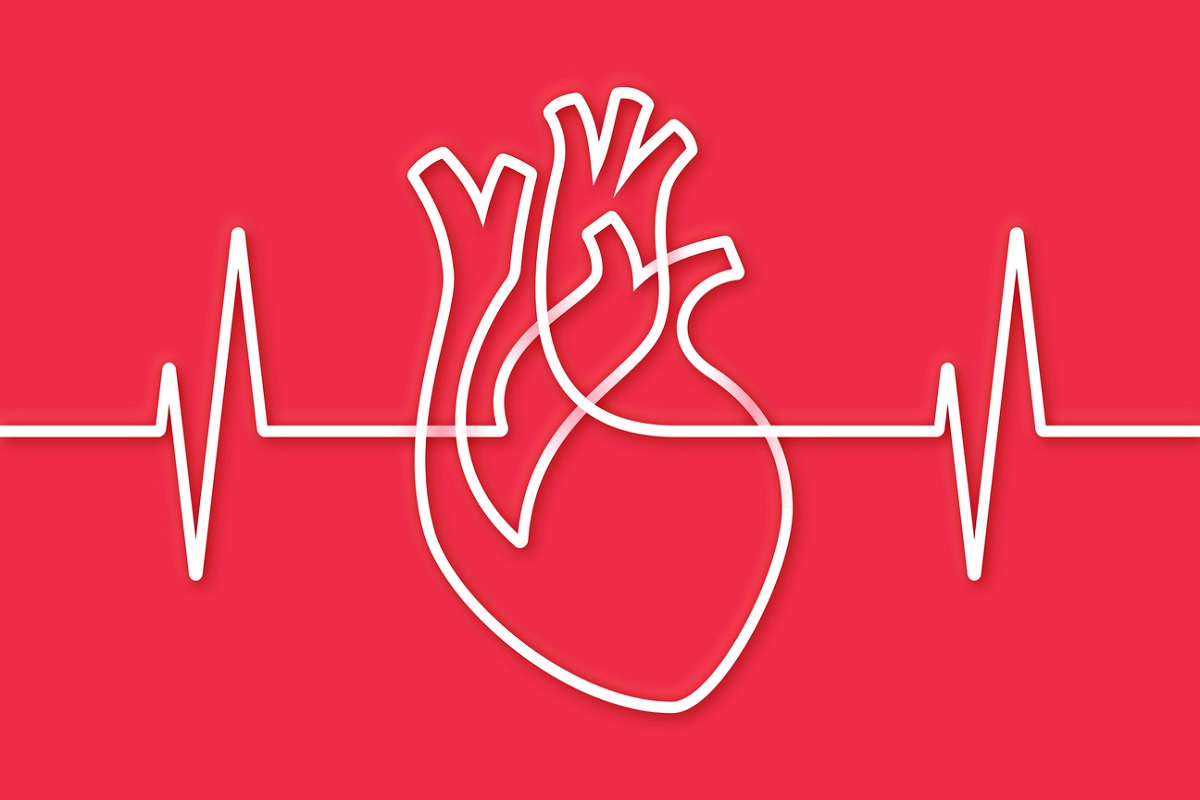Study shows how cancer cells evade drug treatments
US researchers have found during a study how cancer cells manage to evade despite treatment.
The whitepaper carries key recommendations for policymakers to build a stroke-ready India, including creating a task force comprising neurologists, neurointerventionalists, EMS personnel.

(Representational Image; Source: iStock)
60 per cent of people suffering from stroke in India face various degrees of disability, said doctors on the eve of World Stroke Day highlighting that lack of enough specialists and availability of treatment, especially in the interior parts of the country.
Speaking at the third edition of Stroke Summit organised by Integrated Health & Wellbeing (IHW) Council on the occasion of World Stroke Day, Ramdas Athawale, Minister of State, Ministry of Social Justice and Empowerment, Government of India said, “We need to prevent disability caused by stroke by making treatment available to the affected. To that end, tehsil and district level hospitals with stroke care capability are being established.”
Mr Athawale further informed, “The Ministry will consider proposals to prevent or help people who suffered disability due to stroke. I will also write to the Union Health Minister to ensure stroke treatment is available everywhere.”
Advertisement
Releasing a whitepaper on building thrombectomy (treatment) systems of care in the region, prepared by the Society of Vascular and Interventional Neurology (SVIN), Dr VK Paul, Member, NITI Aayog, said, “Neurological diseases are complex and their number in India is on rise. Since 2014, we have established 167 medical colleges and increased undergraduate seats by 53 per cent. Yet, it will take us 23 years to come up with the required number of neurologists to care for the number of stroke-affected people.”
“In India, about 30 per cent of people suffering stroke die and a whopping 60-70 per cent people suffer various degrees of disability. The number of disabled people is more as we move into the interiors where hospitals do not even have a CT scan machine. We need to ensure they get treatment,” said Prof. M V Padma Srivastava, Head, Neurosciences Centre, All India Institute of Medical Sciences (AIIMS), New Delhi.
The whitepaper carries key recommendations for policymakers to build a stroke-ready India, including creating a task force comprising neurologists, neurointerventionalists, EMS personnel, community physicians, stroke-trained nurses, stroke coordinators and administrators of hospitals who deal with a high volume of stroke cases.
It also carries other recommendations such as assessing the stroke disease and economic burden of stroke, the efficacy of the existing systems in place for stroke management and identify key gaps, the cost and therapeutic effectiveness of existing public and private health systems and conduct a detailed analysis of clinical and cost benefits to the patients and overall population in the region.
Advertisement